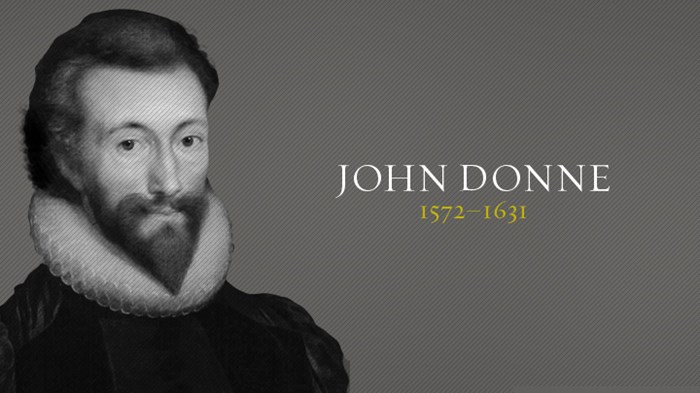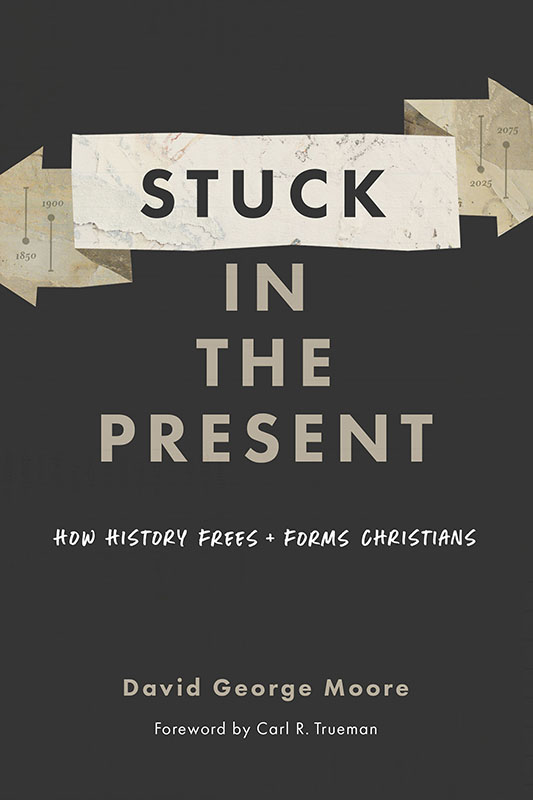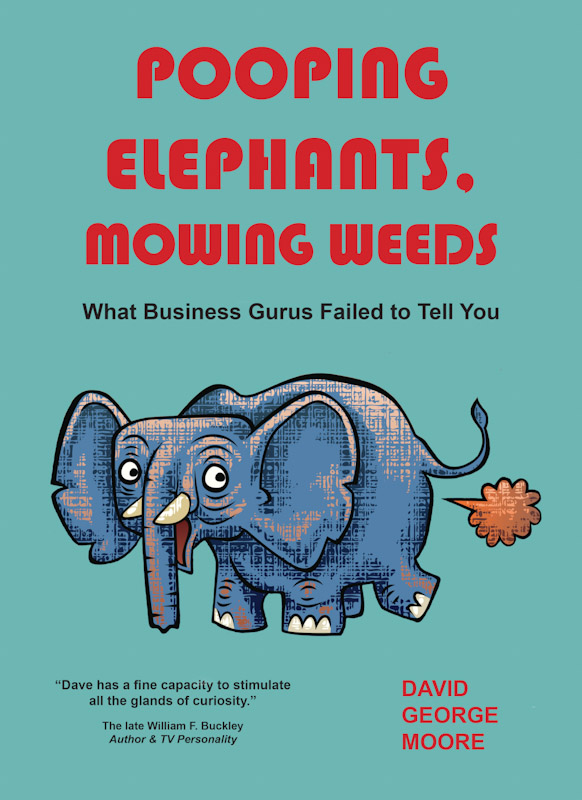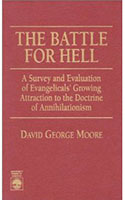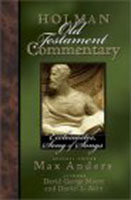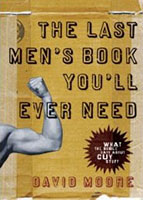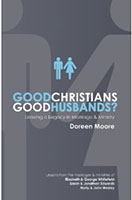Some of you know that we were in Boston last month to celebrate the graduation of our youngest son from Harvard Law School. As is our habit, we had dinner one night in the North End at one of their many, terrific Italian restaurants. As we were seated, my wife received a note that Randy had died. Overcome with grief I excused myself, went outside, and cried.
Doreen first met Randy nearly forty years ago. She and Randy worked together at Towson State University in the Baltimore, MD area. Because of Randy’s leadership in wanting to share the gospel, their small Cru staff team (formerly Campus Crusade for Christ) of three did more evangelism than schools that had many more Cru staff.
Randy and Pam recently moved to Austin. After leaving Cru, Randy transitioned to ministering through the C.S. Lewis Institute. We started meeting for fellowship and sharing a few, or more than a few, laughs. During one of our coffee shop conversations, a twenty-something guy introduced himself. He was disillusioned with the American church and so stopped going. It was wonderful to tag-team with Randy. Both of us have had our own concerns with the church.
From Boston we flew to England. In the most unlikely of places, we heard about Randy.
We attended a classic Anglican service (see picture) in the English countryside of Taynton which is part of the Cotswolds. After the service, we spent some time with the vicar who gave a wonderful message and shared his own concerns about the Anglican church. Tom studied at the evangelical school, Oak Hill College in London. I don’t remember what spawned his comment, but he told us that one of his favorite books in seminary was Randy’s Questioning Evangelism! That was a wonderful mercy of God and a great encouragement.

Randy was rightly known as funny, clever at asking questions, but I would like to add, a great listener. Here is Randy interviewing me on my latest book. You will find his trademark humor and ability to ask great questions, but authors appreciate someone like Randy who was an active listener:
https://www.cslewisinstitute.org/resources/questions-that-matter-podcast-dave-moore-discipleship-through-the-study-of-history/.
